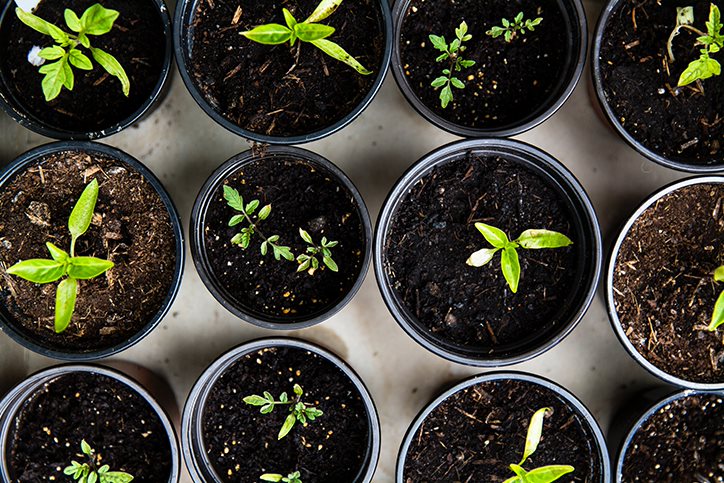Recently, Washington state made news for legalizing a new form of disposition for human bodies. On May 21, 2019, Governor Jay Inslee signed a bill making human composting legal in the state of Washington — the first state to legalize it!
The law will take effect on May 1, 2020, and allow people to choose “natural organic reduction” and alkaline hydrolysis as options for their final rest. Previously, only burial and cremation were legal options.
Since human composting may eventually catch on throughout the rest of the United States and other parts of the world, we’re sharing more information about it below!
What Exactly Is Human Composting?
It’s a process of composting that “gently converts human remains into soil.” It’s a greener burial alternative since it’s less carbon-intensive and allows the bodies of the deceased to nourish the soil. In fact, according to Recompose, the carbon savings for human composting is over a metric ton per person.
How It All Started
Back in 2014, Architect Katrina Spade started a nonprofit called the Urban Death Project. She began the project when she realized there were few truly green burial methods available to the public. It soon became her goal to design an urban-focused means of disposition that was also environmentally friendly.
With a team of volunteers, scientists, attorneys, and death-care professionals, they formed Recompose. Recompose figured out a way to turn human remains into soil. The soil is just like any other topsoil you would find.
Now that human composting will become legal in the next year, they will be able to build the first urban “organic reduction” funeral home in the United States.
Interesting Facts About Human Composting
Once the body is fully turned into soil, loved ones can take some to plant a tree or some flowers — a truly unique and special way to honor a life.
Also, the composting process destroys most harmful pathogens and pharmaceuticals, making most people eligible for this form of disposition. When non-organic materials such as pacemakers are detected, they are removed and then recycled.
What are your thoughts on human composting? Share by commenting below!





0 Comments